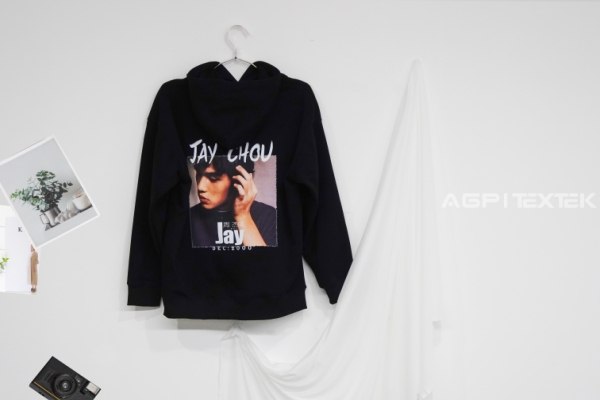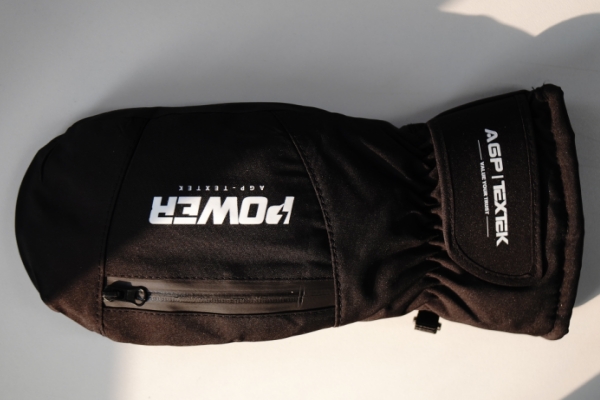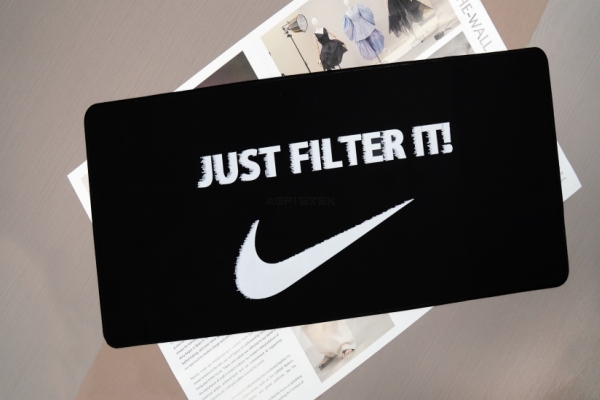08
Apr
Printing on dark fabrics, especially for custom apparel, presents unique challenges. Traditional methods like screen printing and sublimation often struggle to deliver vibrant and durable designs on darker materials. Fortunately, Direct-to-Film (DTF) printing has emerged as an ideal solution, allowing for vivid, high-quality prints on dark fabrics with ease. In this article, we'll explore why DTF printing is perfect for dark fabrics and how it can elevate your designs.

DTF printing stands out for its ability to produce vibrant, detailed images on dark fabrics without sacrificing quality. Here's why it's so effective:
Vibrant Color Display
Traditional printing often fails to achieve bright colors on dark materials. DTF printing uses a special process that prints vibrant colors onto films, which are then transferred to the fabric. This method ensures that colors remain bold and eye-catching, even on darker backgrounds.
High-Resolution Prints
DTF printing is excellent at capturing fine details and intricate designs. Whether you need complex graphics, gradients, or small text, DTF ensures that everything stays crisp and sharp, making it a top choice for dark fabrics.
Versatility Across Fabric Types
Unlike other methods that may be limited to specific materials, DTF printing works on a variety of fabrics, including cotton, polyester, and blends. This versatility makes it a fantastic option for custom apparel makers looking to print on various dark materials.
Durability and Longevity
DTF prints are known for their durability. The inks bond well with the fabric, ensuring that prints withstand multiple washes. This is particularly important for dark fabrics, which often endure more wear and tear.

To achieve the best results with DTF printing, proper preparation is essential. Here are some tips for ensuring your design prints perfectly:
Use High-Resolution Artwork
Start with high-resolution designs, ideally at least 300 DPI. Low-resolution images can appear pixelated or blurry on dark fabrics, so quality artwork is crucial.
Work in CMYK Color Mode
Use the CMYK (Cyan, Magenta, Yellow, Key/Black) color mode when creating your design. This color model is better suited for printing, ensuring that the colors on your screen match the final output on fabric.
Consider Bleed Areas
Design with bleed areas to prevent unwanted white edges when trimming. A bleed ensures complete coverage of the fabric after the transfer process.
Separate Colors for Complex Designs
If your design has multiple colors or intricate details, separate them into layers. This ensures that each color is printed and transferred accurately, maintaining clarity.

Cost-Effective
DTF printing is a budget-friendly option, especially for short runs or custom jobs. Unlike screen printing, which has high setup costs, DTF allows for affordable small-batch production.
No Special Pre-Treatments Required
Many methods, like sublimation, require special pre-treatments for dark fabrics. DTF eliminates this step—just print onto the film and transfer directly to the fabric.
Quick and Efficient Process
DTF printing is generally faster than other methods, such as screen printing. This means quicker turnaround times for custom apparel, which is a significant advantage for businesses needing to deliver promptly.
While DTF printing is already an excellent choice for dark fabrics, these expert tips can further enhance your results:
Use White Ink Wisely
DTF printing uses white ink as a base layer on dark fabrics to ensure vibrant colors stand out. Apply the white ink evenly to avoid gaps in your design.
Optimize Transfer Conditions
Ensure the right amount of heat and pressure during the transfer process. Too much heat can distort the design, while too little can lead to incomplete transfers. Finding the right balance is key.
Test and Adjust Settings
Each printer and fabric type is unique, so test your settings before a full print run. Adjust ink flow, print speed, and transfer conditions to match the fabric and design for optimal results.

DTF printing revolutionizes custom apparel and garment printing, especially on dark fabrics. It allows for vibrant, high-resolution designs that remain durable even after repeated washes. With its versatility, affordability, and quick production times, DTF printing is the ultimate solution for creating stunning designs on dark materials. By following these tips and preparing your designs properly, you can achieve professional-quality prints every time.
Are you ready to elevate your dark fabric printing? Start using DTF printing today to create stunning, vibrant designs that will stand out on any garment!
